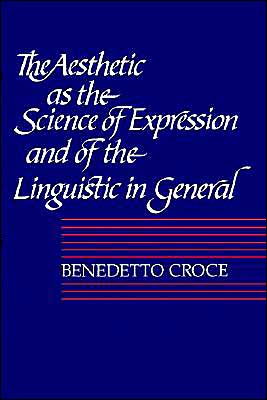Gimme some recommendations. Obviously nothing overly specific like Java Programming for Dummies or some such junk. Broader topics. Science, history, philosophy, culture, arts, whatever.
I was just browsing a bunch of cosmology books on Amazon, and while the field fascinates me like no other, I dunno, with no physics background I doubt I'd get all that far into a book on String Theory before my eyes glaze over.
Here are a few that caught my eye:



I was just browsing a bunch of cosmology books on Amazon, and while the field fascinates me like no other, I dunno, with no physics background I doubt I'd get all that far into a book on String Theory before my eyes glaze over.
Here are a few that caught my eye:

Cosmologists ask many difficult questions and often come up with strange answers. In this engagingly written but difficult book, Vilenkin, a Tufts University physicist, does exactly this, discussing the creation of the universe, its likely demise and the growing belief among cosmologists that there are an infinite number of universes. Vilenkin does an impressive job of presenting the background information necessary for lay readers to understand the ideas behind the big bang and related phenomena. Having set the stage, the author then delves into cutting-edge ideas, many of his own devising. He argues persuasively that, thanks to repulsive gravity, the universe is likely to expand forever. He goes on to posit that our universe is but one of an infinite series, many of them populated by our "clones." Vilenkin is well aware of the implications of this assertion: "countless identical civilizations [to ours] are scattered in the infinite expanse of the cosmos. With humankind reduced to absolute cosmic insignificance, our descent from the center of the world is now complete." Drawing on the work of Stephen Hawking and recent advances in string theory, Vilenkin gives us a great deal to ponder.

There are lots of anthologies of the work of the past century's famous cartoonists, but Nadel has done a real service in putting together this collection of 29 marvelous nearly unknown comic strip and comic book artists. Many are reprinted from yellowing newsprintin a few cases, like Walter Quermann's late-'30s newspaper strip Hickory Hollow Folks, from the only copies of their work still extant. Only a few, like Ogden Whitney's poker-faced '60s comic book Herbie, have ever been reprinted before. Nadel's five categories, "Exercises in Exploration," "Slapstick," "Acts of Drawing," "Words in Pictures" and "Form and Style," sometimes seem arbitrary; the biographical notes at the back are informative but all too brief. Still, it's hard to argue with the comics themselves. Charles Forbell's 1913 newspaper strip Naughty Pete looks like it had a huge influence on Chris Ware; Gustave Verbeek's bonkers formal experiment The Upside-Downs of Little Lady Lovekins and Old Man Muffaroo, from 1904, is still hilarious and sui generis; Rory Hayes's crude but meticulous horror stories from 1969's Bogeyman Comics, the most recent pieces here, were decades ahead of their time. Contemporary cartoonistsand their fanshave a lot to learn from the freewheeling, witty, try-anything-twice artistic attitude of the pieces Nadel's assembled.

Henry Darger spent his life working as a janitor in Catholic hospitals, living alone in a rented room on Chicago's north side, attending Mass up to five times a day, and writing a picaresque tale in 15 massive volumes, composed of 145 handwritten pages and 5,084 single-spaced typed pages, and titled The Story of the Vivian Girls, in what is Known as the Realms of the Unreal, of the Glandeco-Angelinian War Storm, Caused by the Child Slave Rebellion. To accompany this enormous literary production, Darger also created several hundred large-scale illustrations--pencil on paper drawings painted over with watercolor and occasional additions of collage--that relate the story: On an unnamed planet, of which Earth is a moon, the good Christian nation of Anniennia wars with the Glandelinians, who practice child enslavement. The heroines are the seven Vivian sisters, Abbiennian princesses, who, after many battles, fires, tempests, and lurid torture, succeed in forcing the Glandelinians to give up their barbarous ways.~The Disasters of War offers an affordable introduction to Darger's astonishing outsider oeuvre. It explains the technique, diligence, and creativity of the works, illustrates details, and features a conversation between the Darger estate holder and the Kunstwerke's curator. A selection of 12 previously unpublished excerpts from The Realms of the Unreal and from Darger's diary explore the artist's favorite topics: thunderstorms and atrocities. With a biography and exhibition history.
















